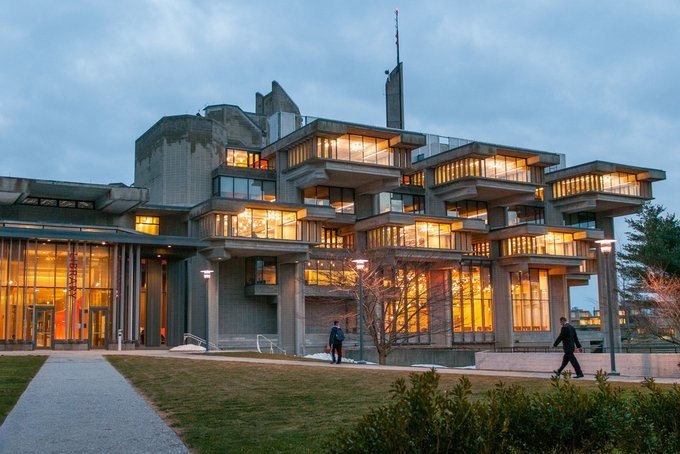latest
University of Massachusetts Board votes to raise tuition, room and board

By Sam Drysdale
STATE HOUSE, BOSTON, APRIL 13, 2023…..The University of Massachusetts has agreed to increase tuition, room and board next academic year, as leaders on Beacon Hill disagree over creating a “tuition lock” system and how much to invest in public higher education.
The UMass Board of Trustees voted during their quarterly meeting on Wednesday to increase tuition for in-state undergraduates by 2.5 percent, and increase room and board on the Amherst campus by 4.5 percent and on the Dartmouth and Lowell campuses by 2.7 percent.
Tuition for graduate students is also going up — 2.5 percent for in-state graduate students at the Amherst, Boston and Lowell campuses, 3.5 percent for medical students at the T.H. Chan School of Medicine, Tan Chingfen Graduate School of Nursing and Morningside Graduate School of Biomedical Sciences, and 2 percent at UMass Law.
MassGrant, the state’s primary tool for providing need-based financial aid to students, has shrunk in its impact over the past few decades in the face of tuition increases and higher student demand. In 1998, the aid covered about 80 percent of tuition and fees at public universities. Today, it covers only 8 percent of tuition and fees for UMass students and 11 percent for state university students, according to a report from The Hildreth Institute.
The state contributed 9 percent of the aid available to students in fiscal year 2023, and federal free aid represented 15 percent of the available aid. Together, government aid contributed $137 million to UMass students’ tuition this academic year.
From 2001 to 2021, the inflation-adjusted national average for state-provided financial aid per full-time equivalent student increased 15 percent, Hildreth Institute researchers found. Over the same span, the inflation-adjusted amount of state aid per FTE Massachusetts student dropped 47 percent, the report says.
As government aid has struggled to keep pace with demand and tuition increases, university-generated financial aid has grown to represent 69 percent of free aid available for students — $395 million in fiscal year 2023. Of the university-generated aid, 81 percent goes to in-state students.
The tuition increases at the state’s public universities come against a backdrop of disagreement on investments into higher education on Beacon Hill.
Gov. Maura Healey recommended a $93 million expansion of the MassGrant Plus scholarship program, for low-income, in-state undergraduates. This increase, the largest proposed in the program’s history, would expand the scholarship to part-time students and cover additional direct costs of attendance such as fees, books and supplies. The Healey administration estimates the $93 million would provide 33,000 students with assistance.
The House Ways and Means Committee released its version of the state budget on Wednesday, where they earmarked $84 million for MassGrant Plus. Using newly-available dollars from a surtax on the state’s highest earners on expanding this scholarship program is one of the only areas where the two budgets align on higher education investments.
Healey recommended a total $360 million of the $1 billion that the state expects to bring in through the surtax be spent on higher education initiatives — and unique to her budget, which was drafted by former UMass finance official Matt Gorzkowicz, is a “tuition lock” proposal.
Under the governor’s plan, students attending UMass or state universities would lock in four years of the same tuition during their first year, though it could be increased for each incoming class of students. Healey proposes $59 million to offset costs for the initiative. She also recommended $140 million for one-time investments in capital improvement to public colleges and universities’ campuses.
House leaders’ version of the budget did not include capital improvements or the tuition lock proposal, though they proposed increasing the High Demand Scholarship Program from $2 million to $50 million. This scholarship is given to students pursuing “in-demand” jobs in Massachusetts, who commit to staying in the state five years after graduation. Healey’s budget did not include any money for this initiative.
The budget moves next to the House floor for debate, then over to the Senate, where senators will take their own approach to a higher education agenda.





anti UMD et al
April 14, 2023 at 12:32 pm
More money to indoctrinate your kids. Notice President Trump took away the required university diploma to get a federal job when he was President? Good reason for it. You don’t need college kids! They make you think you do. Vocational schools are the place to be.